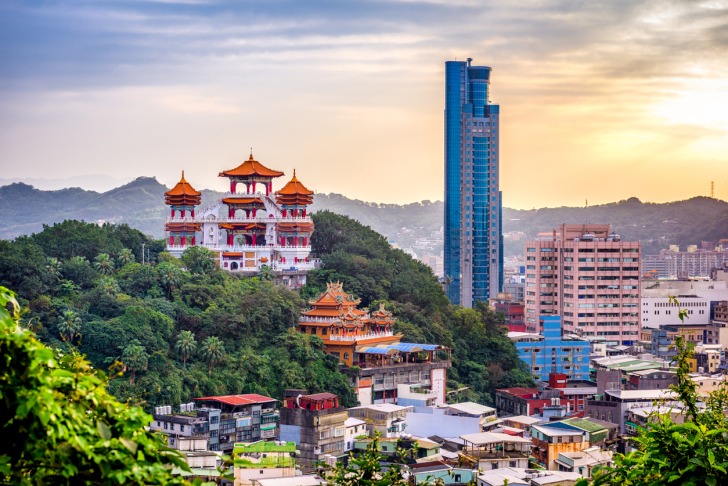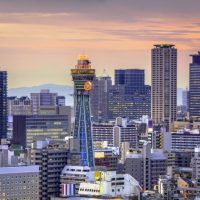When planning a trip to Asia, safety is often a top concern for travelers.
Asia is a diverse and dynamic continent, home to a wide range of cities, each with its unique character and, of course, varying levels of safety.
In this article, we will explore the safest cities in Asia, taking into account factors such as population, property crimes per 100,000 residents, violent property crimes per 100,000 residents, and travel safety tips.
Using good judgment and doing appropriate planning and research before traveling can help everyone explore Asian cities safely.
This information shouldn’t necessarily be a deterrent, but rather a guide to making your Asian adventure a memorable one in a positive way.
Asian cities offer rich history and culture that will leave a lasting impression.
Also, many Asian cities have embraced modernity giving you the experience of the past while seeing the vision for the future.
Whether you are a seasoned traveler or planning your first adventure in Asia, this guide will help you make informed choices for your journey.
Contents
- Defining Safety Metrics
- Safest Cities in Asia
- 10 Travel Safety Tips for Visiting Safe Cities in Asia
- Frequently Asked Questions
- Is there a best time of the year to travel to Asian cities when they are safer and more comfortable?
- Is it better to travel to Asian cities such as Hong Kong, Seoul or Taipei with a tour group? Is it safer?
- Should I register with the American Embassy when traveling to these Asian cities?
- Are Asian cities less safe than those in other parts of the world?
Defining Safety Metrics
To assess the safety of cities in Asia, we’ll consider several key metrics:
- Population: A city’s population size can affect safety. In some cases, larger cities might have higher crime rates simply due to their size, while smaller cities might have lower crime rates.
- Property Crimes per 100,000 Residents: Property crimes include burglary, theft, and vandalism. This metric helps us understand how secure a city is in terms of property-related incidents.
- Violent Property Crimes per 100,000 Residents: Violent property crimes include crimes that involve violence or the threat of violence in the commission of property-related offenses. This metric provides insight into the personal safety of a city’s residents and visitors.
Safest Cities in Asia
Let’s explore this selection of the safest cities in Asia, taking into account the safety metrics just mentioned:
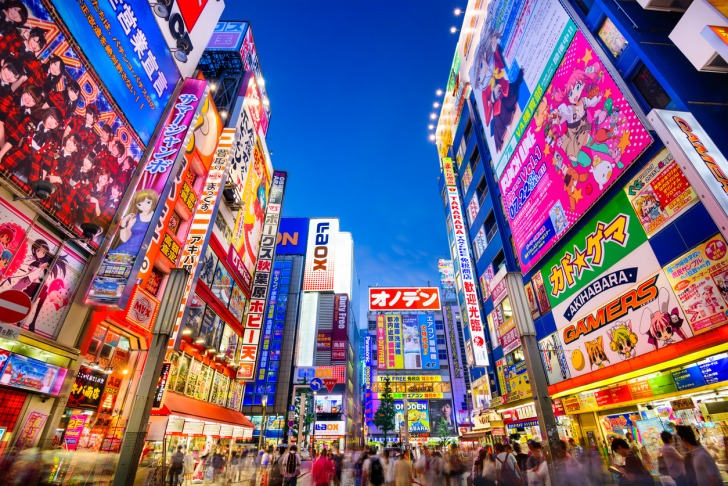
1. Tokyo, Japan
- Population: Approximately 14 million
- Property Crimes per 100,000: 1,218
- Violent Property Crimes per 100,000: 30
Tokyo, the capital of Japan, is renowned for its low crime rates.
With a population of around 14 million, it maintains one of the lowest property crime rates per 100,000 residents in Asia.
Violent property crimes are also rare, with only 30 incidents per 100,000 residents.
Tokyo is not only safe but also incredibly clean and well-organized, making it an ideal destination for travelers.
Given the size of the city, the low crime rate may be surprising.
The city is typically bustling due to the large number of people who live and work there.
However, travelers will find the hustle to typically be orderly and the people polite.
There are areas of the city where travelers can escape for a peaceful experience.
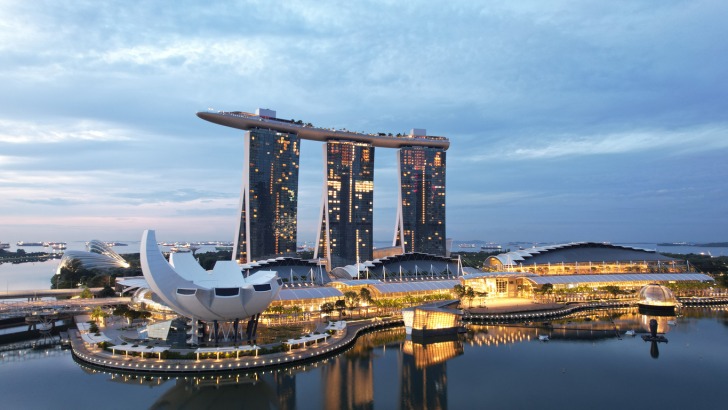
2. Singapore
- Population: Approximately 5.7 million
- Property Crimes per 100,000: 694
- Violent Property Crimes per 100,000: 13
Singapore is a city-state known for its cleanliness and safety.
With a population of around 5.7 million, it boasts low property crime rates, making it one of the safest cities in Asia.
Violent property crimes are exceptionally rare, with only 13 incidents per 100,000 residents.
The city’s efficient public transport, stringent laws, and beautiful green spaces make it a top choice for travelers.
As a large city, there are many areas to explore. Many are bustling with people going about their daily lives.
There are areas where travelers can find peaceful experiences that they will always remember.
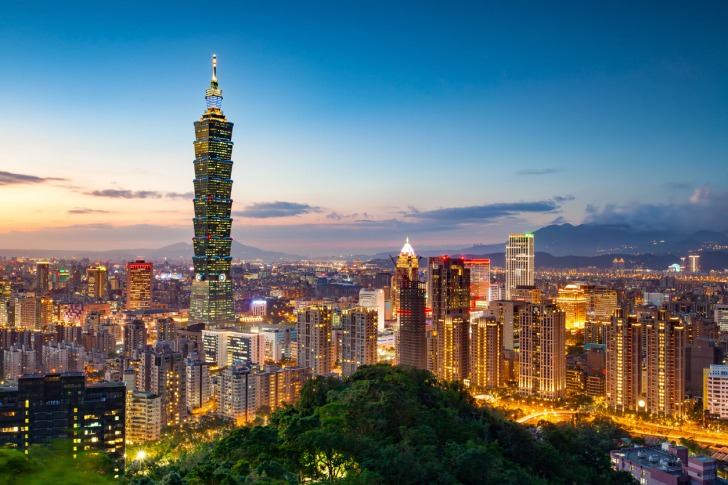
3. Taipei, Taiwan
- Population: Approximately 2.6 million
- Property Crimes per 100,000: 960
- Violent Property Crimes per 100,000: 11
Taipei, the capital of Taiwan, offers a unique blend of modernity and tradition.
With a population of around 2.6 million, it maintains relatively low property crime rates.
Violent property crimes are extremely rare, with only 11 incidents per 100,000 residents.
The city’s efficient public transportation system and vibrant street food scene are sure to make your visit enjoyable.
Exploring Taipei means experiencing the history of Taiwan and its modern future.
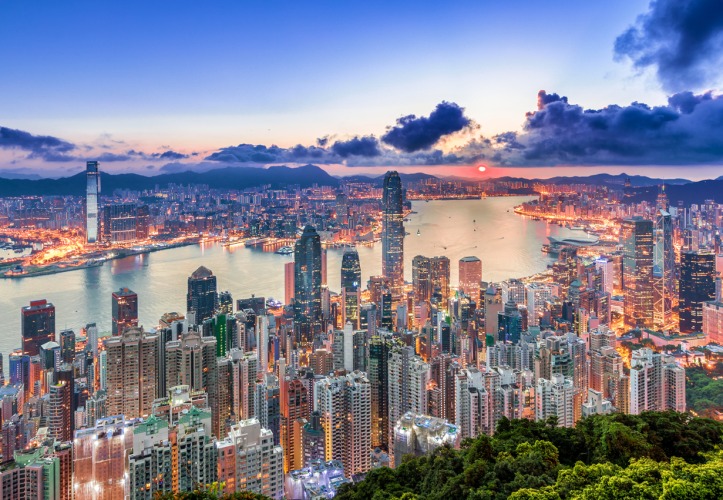
4. Hong Kong, China
- Population: Approximately 7.4 million
- Property Crimes per 100,000: 1,015
- Violent Property Crimes per 100,000: 11
Despite its high population density, Hong Kong manages to keep crime rates low.
With a population of approximately 7.4 million, it has relatively low property crime rates per 100,000 residents.
Violent property crimes are rare, with only 11 incidents per 100,000 residents.
Travelers should be cautioned about petty thefts such as pickpockets.
The bustling city has many areas to explore.
Also, everything from street food to fine dining is a unique experience.
Walking around the harbor at night is a truly special experience as the city’s skyscrapers perform a visual display every evening.
Hong Kong’s bustling urban environment and breathtaking skyline are a must-see for any traveler.
Hong Kong is also a shoppers’ paradise but be sure to haggle for the best price possible.
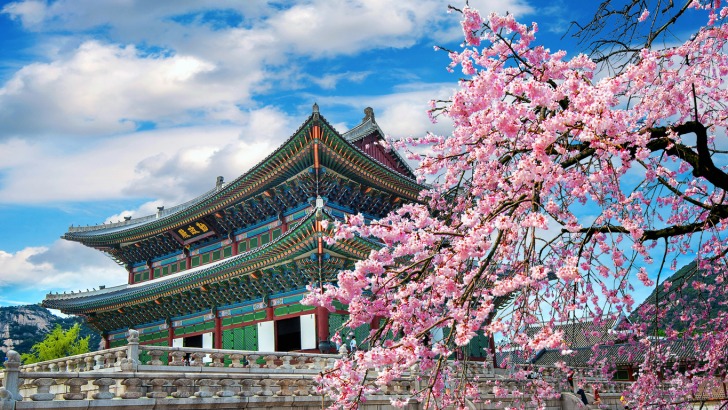
5. Seoul, South Korea
- Population: Approximately 9.7 million
- Property Crimes per 100,000: 1,626
- Violent Property Crimes per 100,000: 9
South Korea’s capital city, Seoul, is known for its rich history and cultural heritage.
Despite a population of nearly 9.7 million, Seoul maintains relatively low property crime rates.
Violent property crimes are scarce, with only 9 incidents per 100,000 residents.
The city’s blend of tradition and modernity provides a captivating travel experience.
10 Travel Safety Tips for Visiting Safe Cities in Asia
While the cities mentioned above are among the safest in Asia, it’s essential to exercise general precautions to ensure a smooth and secure trip.
Here are some travel safety tips to consider:
- Stay Informed: Before traveling, research your destination’s current safety situation, including any travel advisories. The local embassy or consulate can provide valuable information.
- Secure Your Belongings: Keep your belongings secure and be cautious with personal items, especially in crowded places. Use anti-theft bags or pouches for added security.
- Use Reputable Accommodations: Choose well-reviewed hotels and accommodations and make use of in-room safes to store your valuable items.
- Travel Insurance: Invest in comprehensive travel insurance that covers medical emergencies, trip cancellations, and other unforeseen events.
- Local Emergency Numbers: Know the local emergency numbers for police, medical assistance, and fire services in the city you’re visiting.
- Language Basics: Learn a few essential local phrases or have a translation app handy to aid communication in case of emergency.
- Avoid Risky Areas: Stay away from areas known for higher crime rates, especially at night. Stick to well-lit and populated areas.
- Stay in Groups: When exploring, especially in the evening, it’s safer to travel with a group or partner.
- Public Transportation: Use reputable and licensed transportation options. Keep an eye on your belongings while using public transport.
- Cultural Sensitivity: Respect local customs and traditions. Understanding and following local etiquette can help you avoid misunderstandings or conflicts.
Frequently Asked Questions
Is there a best time of the year to travel to Asian cities when they are safer and more comfortable?
The answer depends on where travelers are considering going.
Asia is such a large continent that it is difficult to make sweeping generalizations.
Many cities remain active and busy throughout the year while others see an influx of travelers during the summer season.
This means that the shoulder season and winter season will see fewer people at many of the locations that are popular with travelers.
With fewer people in areas known to be popular with tourists can lower the risk for travelers.
Also, many Asian people use these times to visit throughout the countries.
Is it better to travel to Asian cities such as Hong Kong, Seoul or Taipei with a tour group? Is it safer?
Asian cities are very diverse and have different safety risks.
Each city offers differing levels of modern conveniences that meet Western preferences.
Even in cities with reported low crime rates, it is better to travel with a group or at least a partner.
Another challenge is often the language barrier, so it can be difficult as a solo traveler should something happen.
Tour guides can be helpful in navigating an unfamiliar language and city.
If you want to explore on your own, talk with them so that you know the safest places to visit and those to avoid.
They will also help you with questions related to transportation around the city that is the safest.
If you and a partner do venture out at night together, have the tour guide or the hotel write down the name of the hotel in the local language so that you can simply hand it to a taxi driver for a safer experience.
Should I register with the American Embassy when traveling to these Asian cities?
Going through the process with the embassy provides an extra level of security while traveling abroad.
It’s also important to monitor the alerts and information on the State Department website.
This information is regularly updated to keep travelers informed on any issues that have arisen or cautions that need to be considered.
This is important information when you are planning Asian travel.
Are Asian cities less safe than those in other parts of the world?
Travel safety is something that needs to be considered regardless of where you are going.
Also, often, when travelers become more comfortable exploring a new Asian city, it’s easy to let your guard down.
This is when you need to become more conscious of your surroundings and follow common sense travel safety advice.
By practicing common sense travel advice and following the advice of professionals, the traveler’s experience can be its best.
Sometimes this may mean asking the concierge at the hotel if there are questions or talking with your tour guide.
This can provide valuable information.
This can allow you to visit some of the most exciting cities on the Asian continent.
